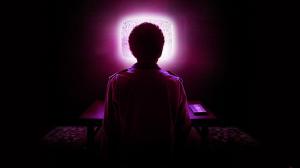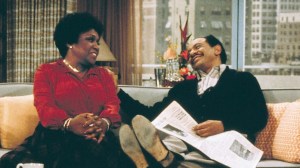Successful television shows develop large fan bases that allow them to stay on the air for long periods of time. While the promise of more episodes of their favorite shows is undoubtedly good news for those who love a particular series, sometimes it leads to situations where shows remain in production far past their prime.
Videos by ComicBook.com
Many long-running shows eventually have a moment in which everything is ruined. These types of “jump the shark” moments contradict important plot points in the show’s history, undermine character consistency, and annoy fans in a way that there is no coming back from.
7) Seinfeld Ends With Everyone In Jail
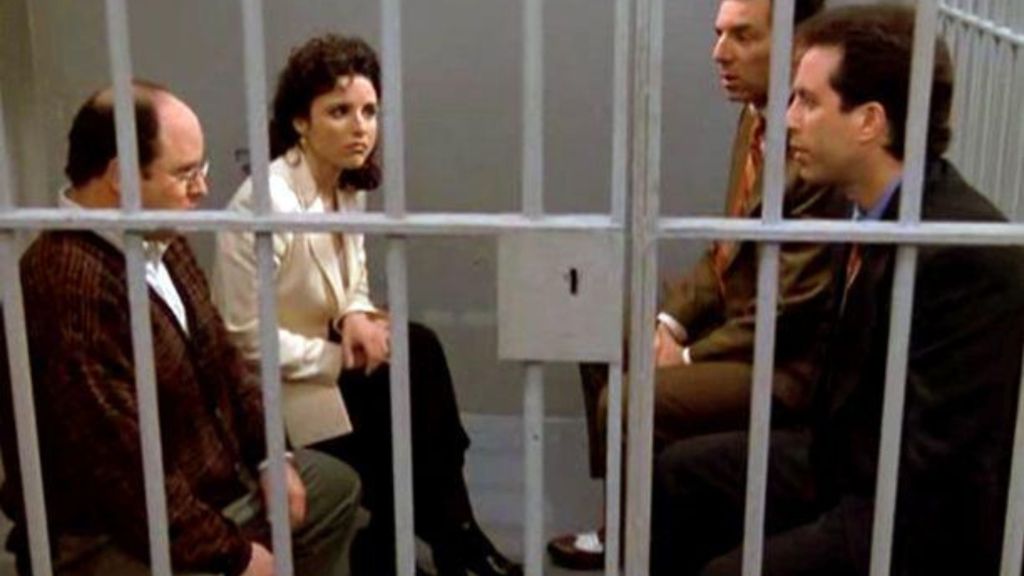
Seinfeld‘s ending was among the most controversial episodes of the series, and with good reason. For nine years, audiences had enjoyed the ridiculous situations Jerry Seinfeld and his friends got into, only for everything to end with everybody in a jail cell, with no hope of redemption.
The situation was the typical type of thing that Seinfeld lampooned, so it didn’t seem like an ending. Furthermore, if this had been anything other than the series finale, in the next episode, the group would have been back in their New York City apartment building without explanation. Since this was the final episode, however, the group was permanently incarcerated. This was a poor final image, plus the situation that resulted in their arrest was more stupid than funny.
6) Spike Forces Himself on Buffy
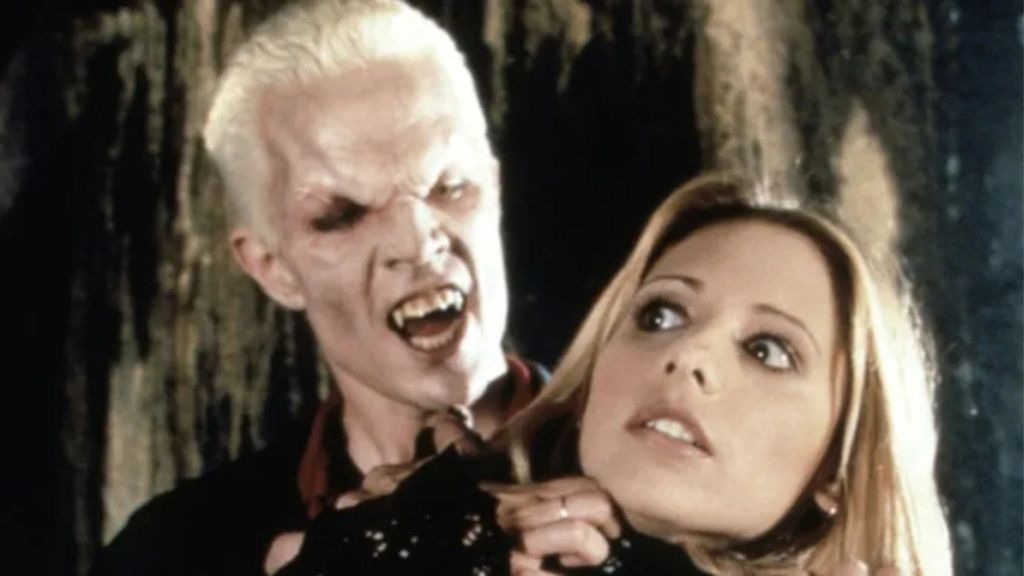
Although Buffy the Vampire Slayer had several amazing episodes, it ruined everything when it tried to move more toward horror in its later seasons. One moment is infamous in television history: the scene in which Spike sexually assaulted Buffy. This scene was more graphic than necessary and made James Marsters as uncomfortable as it did the audience.
This moment was more than horrific, and there was no way that the character of Spike could be redeemed after this heinous assault. To make matters worse, reports later surfaced about behavior by creator Josh Whedon that was equally uncomfortable.
5) St. Elsewhere Reveals That The Entire Series Was a Dream

Modern medical dramas owe a large debt to St. Elsewhere. This medical drama offered a blend of personal and medical storylines and often tackled social issues that were considered taboo. Several episodes dealt with the AIDS crisis, and an early story involved Dr. Mark Craig encountering a transgender patient.
St. Elsewhere was as popular as it was groundbreaking. Unfortunately, it ruined everything in the final minutes of its last episode. The series ended with the revelation that the entire story had taken place in the imagination of an autistic child who spent all his time staring at a snow globe that had a hospital building in it.
This ending might have seemed clever, but it was insulting to the audience, who had devoted six years to this story. It also promoted stereotypes about autistic children, though the show cannot be entirely held accountable for that because much less was known about autism in 1986.
4) All in the Family Introduces Stephanie
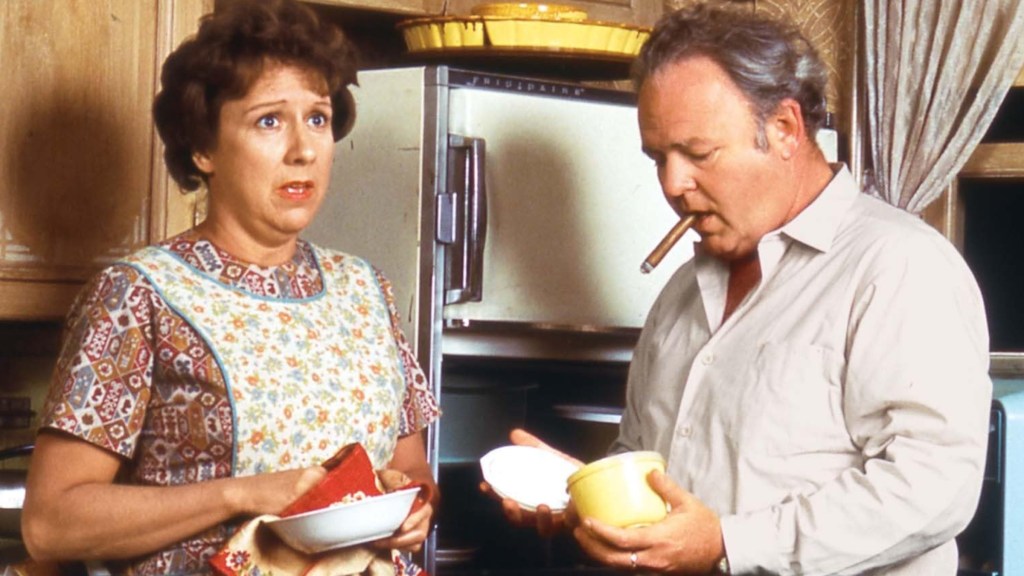
All In The Family was a brilliant satire that is best known for how far it pushed the envelope. Much of the humor came from the tension between Archie Bunker, who was an ignorant, bigoted, but well-intentioned working class man, and his son-in-law Mike, whose liberal positions were often as extreme as Archie’s conservative ones.
The show’s deeper message was about how deep family ties run. Although Archie and Mike never saw eye-to-eye, Archie secretly considered him family and would defend him to outsiders even though he insulted him privately.
For this reason, All in The Family simply did not work once Mike and Gloria left at the end of season 8. The series should have ended with the Stivics’ move to California and Archie and Mike admitting they loved each other.
Instead, it limped on for another season with the sudden introduction of Archie’s niece, who needed the Bunkers to take her in. The random addition of children to sitcoms is rarely successful, and in this case, the comedy fell flat when Archie’s main nemesis was a nine-year-old girl.
3) Michael Leaves The Office

The Office made the same fatal error as All in the Family by trying to prolong its life without its main character. For six seasons, The Office centered around Steve Carrell’s Michael Scott. Michael was selfish and often incompetent, and everything that the other employees had to deal with came from his latest ridiculous decisions, some of which led to controversial episodes of The Office.
Yet after Carrell left the series, it tried to go on without him. Michael’s exit would have made the perfect series finale, but instead The Office dragged on for another two seasons despite being unfunny and rather boring without Michael.
2) Bobby Ewing’s “Death” on Dallas
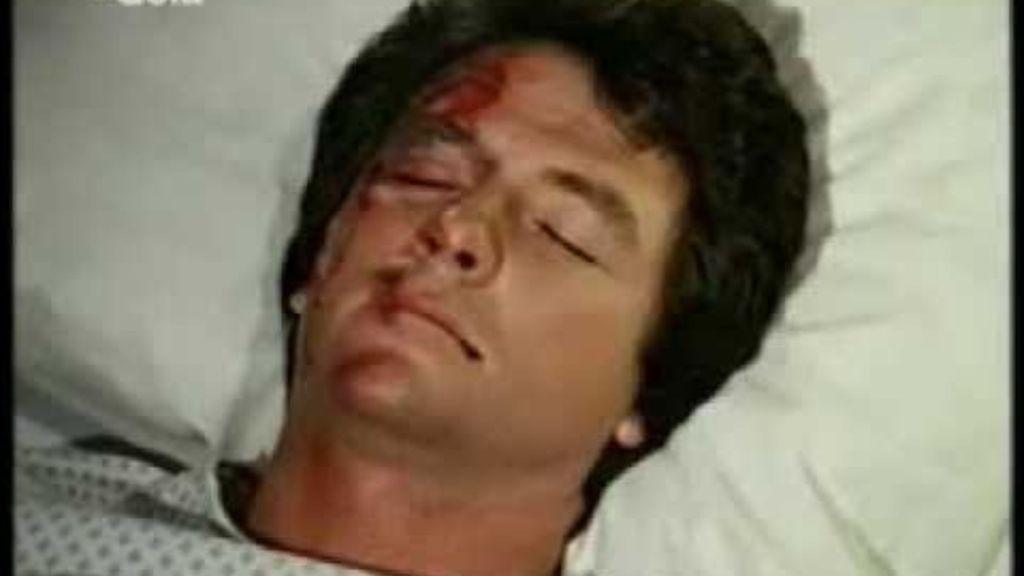
Bobby Ewing’s death in Dallas is mostly infamous because later it was revealed that all the events of the past nine months had been a dream while he was in the shower. This controversial decision was applauded by those fans who hated the Bobby death storyline, but is mostly panned today as a cheap way to get out of a storyline that flopped.
Without Bobby’s death in the first place, there would have been no need to rewrite it as a dream. Additionally, the only reason the primetime soap offered this story is that the “who shot JR?” plot had become iconic, and so Dallas tried to capitalize on it by creating a new murder mystery that nobody enjoyed.
1) Negan Kills Glenn On The Walking Dead
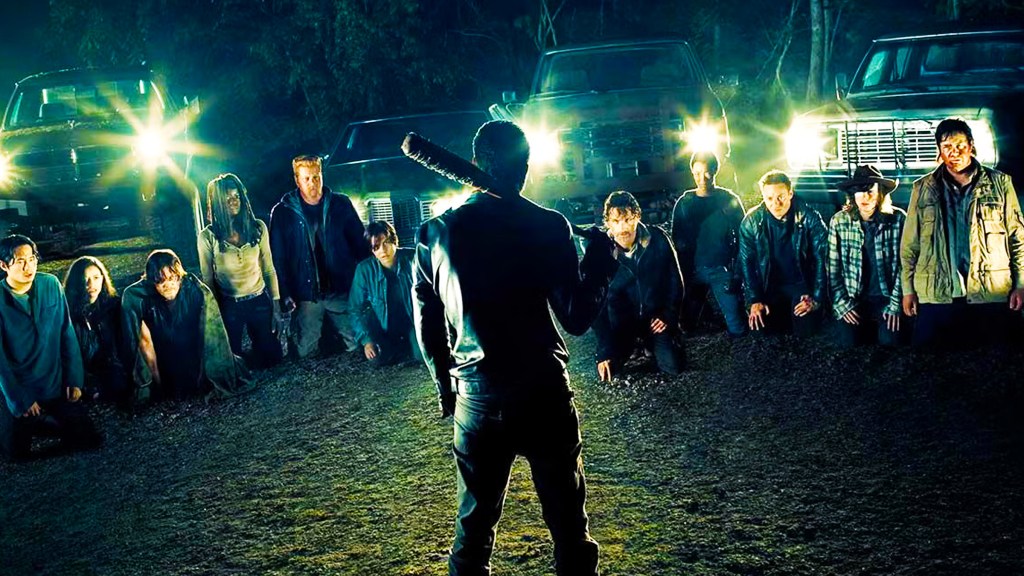
The Walking Dead’s sixth season finale included a cliffhanger that was meant to be exciting: Negan killing someone without the identity of his victim being revealed. This cliffhanger fell flat because it took seven months for the next season to premiere, making the audience lose interest — and the reveal that Glenn was among the dead was also a huge problem.
Glenn had already supposedly died in season 6, only to be revealed to still be alive — and then get killed again. This back-and-forth about Glenn’s status made a mockery of the horror, and it was an especially disappointing reveal after waiting more than half a year for answers. Thus, this entire fiasco accomplished nothing except losing the audience’s trust, and it could be argued that The Walking Dead soon ruined the zombie genre for everybody.
What do you think? Leave a comment below and join the conversation in the Comic Book Forum.

